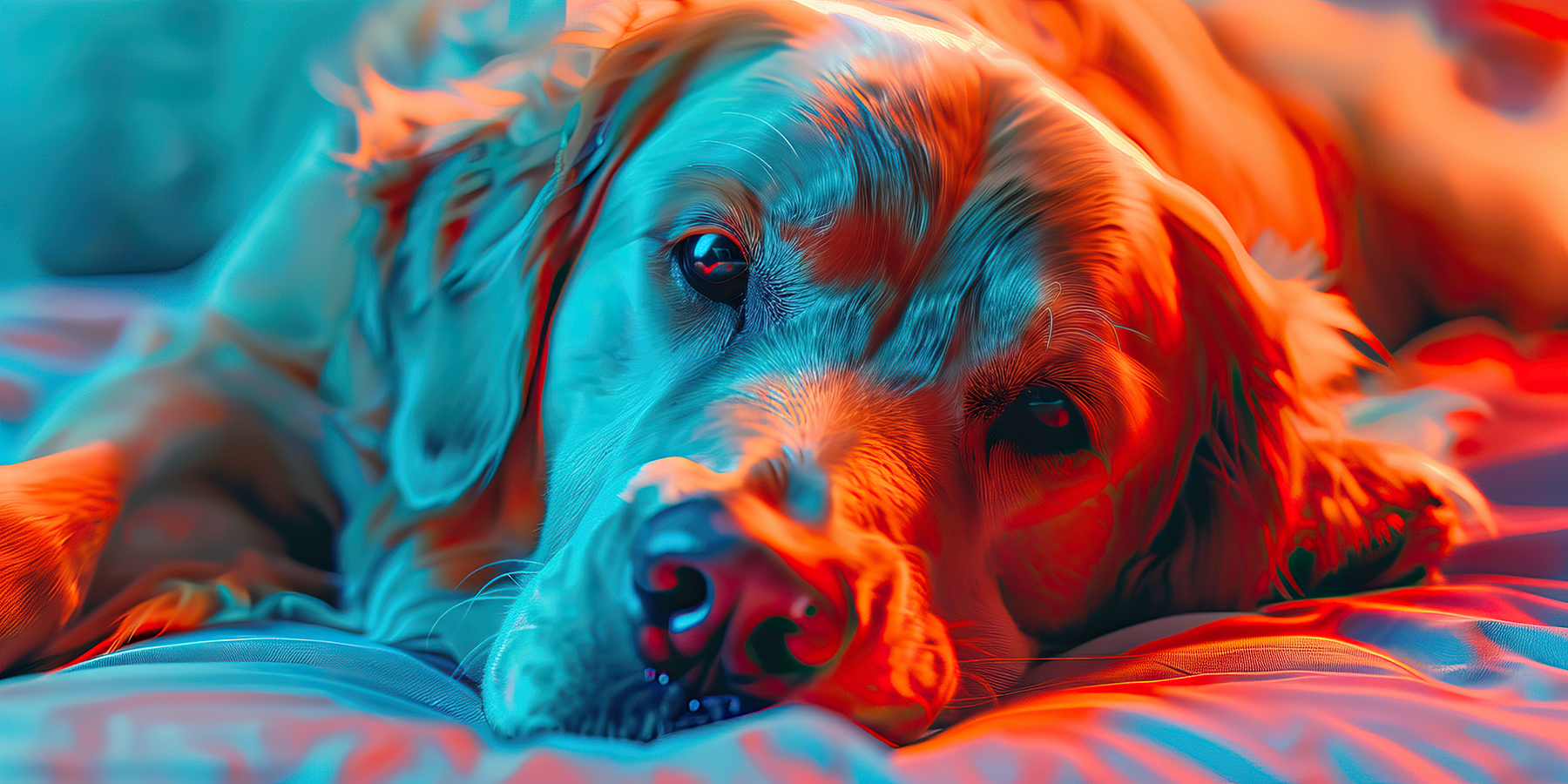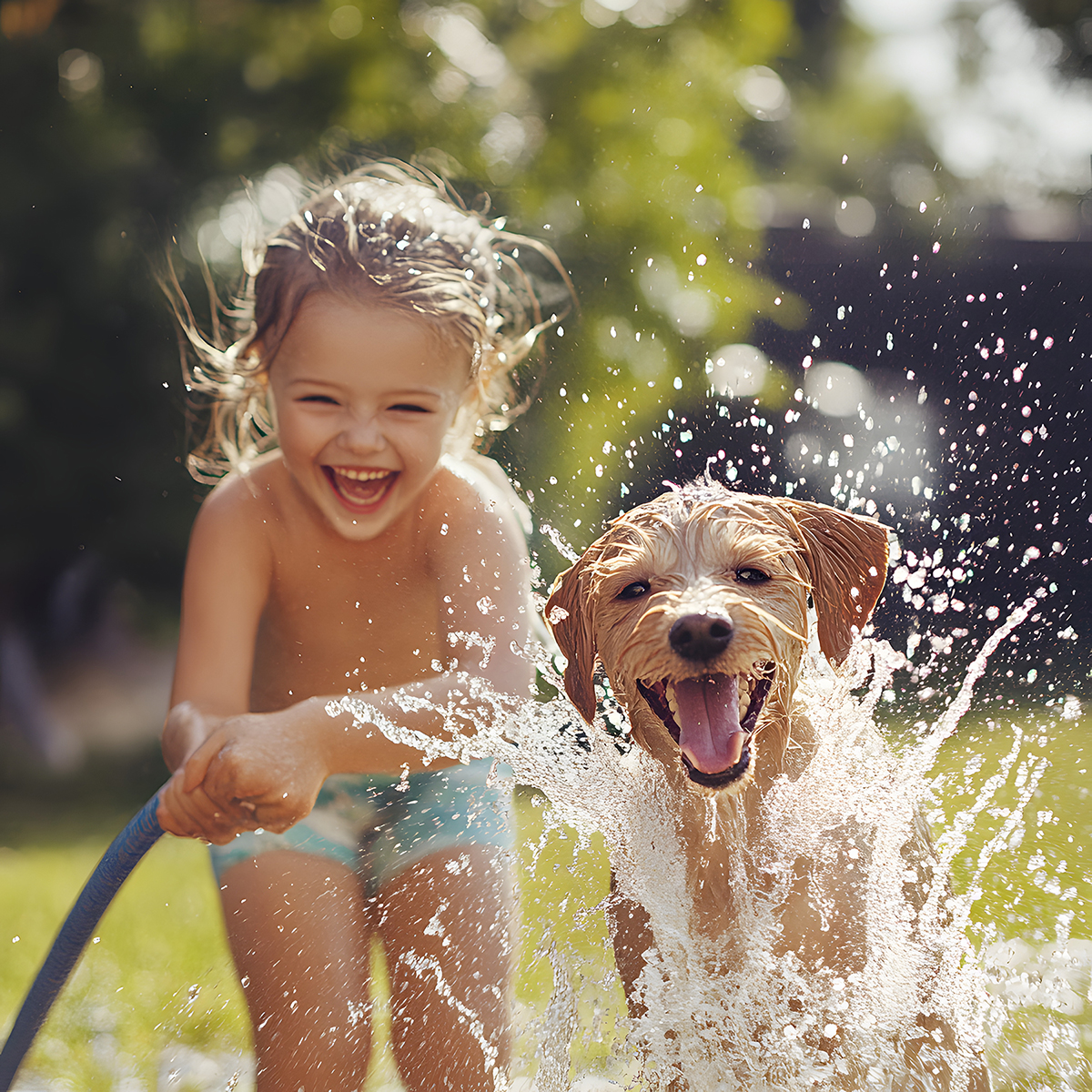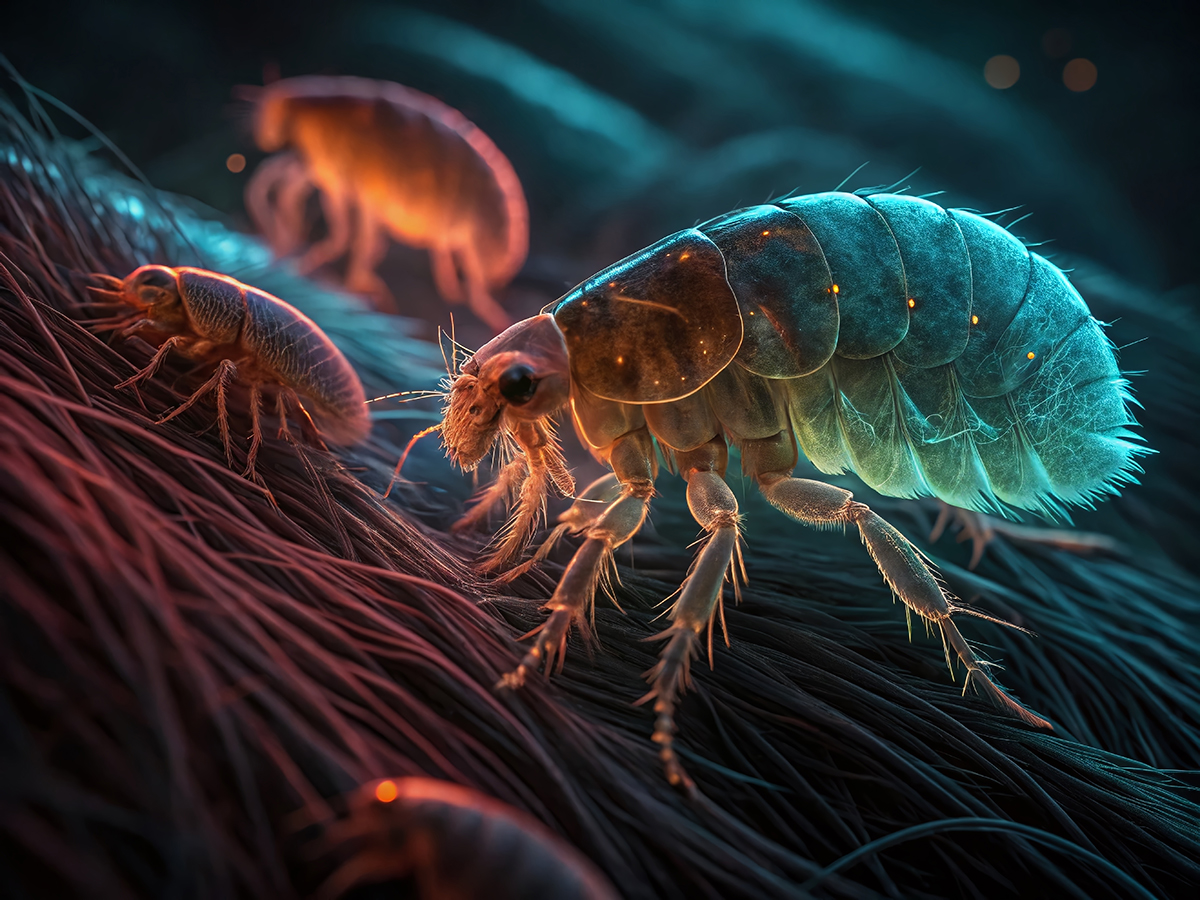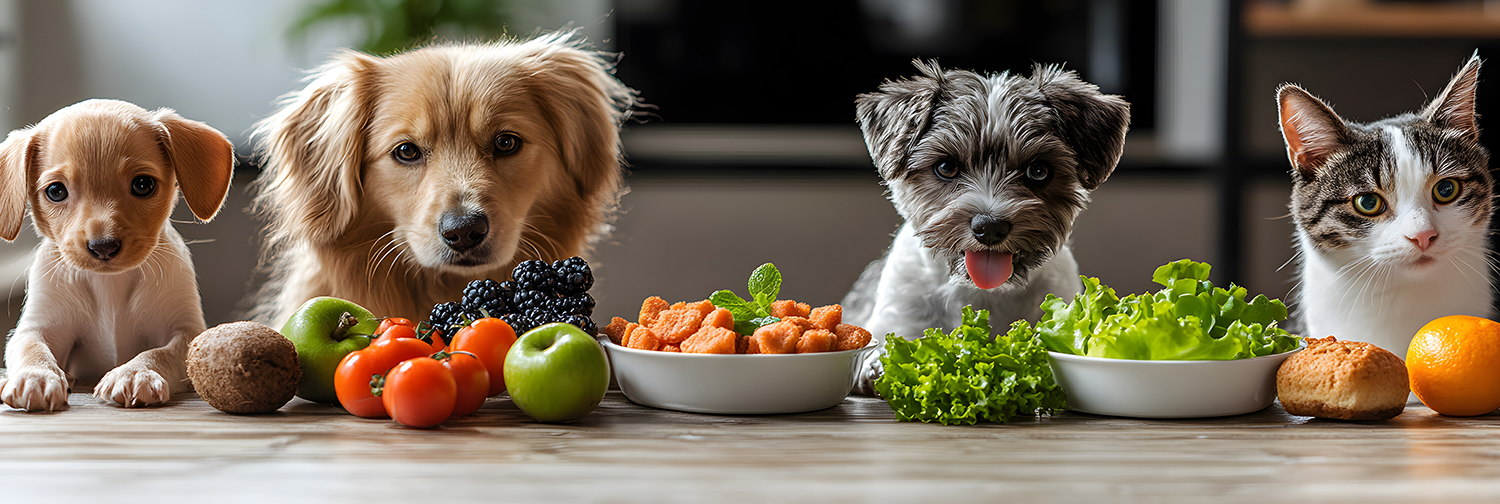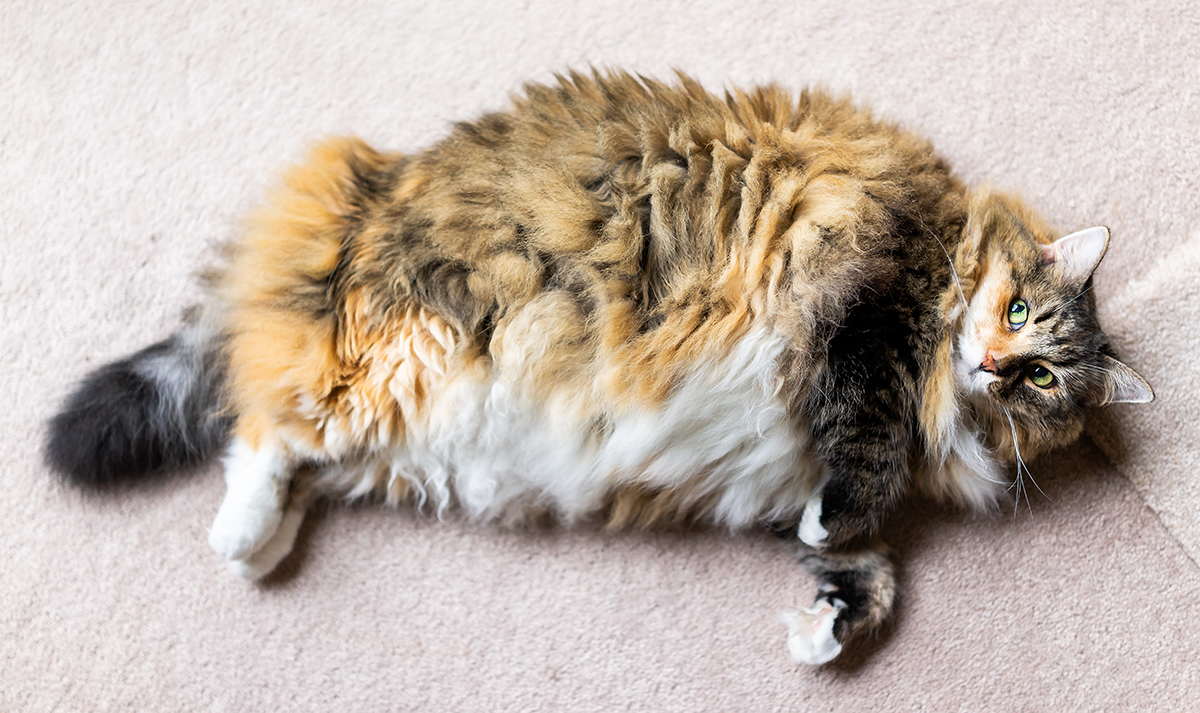Holiday Safety Tips for Your Pet
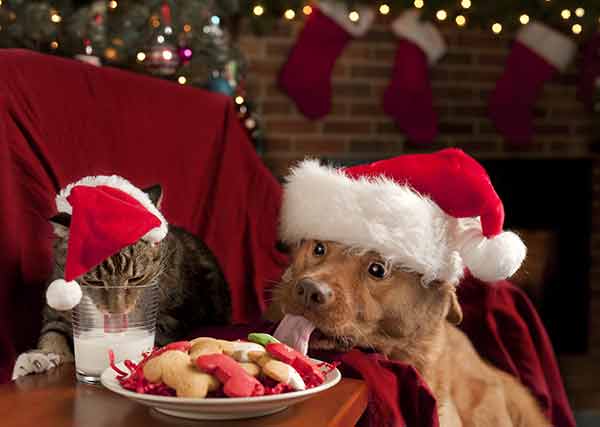 Safety for pets is an on-going concern for pet owners. However, during the holidays there are even more temptations that can affect their health.
Safety for pets is an on-going concern for pet owners. However, during the holidays there are even more temptations that can affect their health.
Although we think of fall as the start of the holiday season during which foliage changes and homes are decorated for festivities, the holiday season is an especially dangerous time for our pets due to the increased potential for accidental ingestion of household poisons. Do you know which items that are commonly accessible during the fall season and holidays are harmful to your pet if ingested?
Plants:
Even though they are the holiday plant that most fingers point to when one thinks of poisonous petals, poinsettia plants are only mildly toxic. What are actually much more dangerous are holiday bouquets that include lilies, mistletoe or holly. Cats are extremely sensitive to plants of the lily family, where even eating a few lily petals can cause death. Other yuletide plants such as holly berries and mistletoe are known to cause gastrointestinal irritation to all pets and cats may experience heart arrhythmia.
Holiday Ornaments:
Consider the size and temperament of your pets when decorating for the season, just as you would if you have toddlers around. Glinting holiday decorations, long thin shapes that could be a bone or chew treat in a dog’s eyes, or those that vaguely resemble something delicious to try to eat such as bubble lights often contain liquids containing poisonous chemicals. For example, Methylene chloride, the chemical in bubble lights, can result in depression, aspiration pneumonia and irritation to the eyes, skin and gastrointestinal tract. Keep such ornaments or decorations above your pet’s reach.
Imported Snow Globes:
Keep these away from everyone!! These have been found to contain antifreeze. Depending on their size, just one teaspoon of antifreeze can be fatal to a pet. Signs of early poisoning include incoordination, excessive thirst, and lethargy. Internal damage continues to worsen over time, and crystals develop in the kidneys resulting in acute kidney failure. Immediate treatment with an antidote is crucial.
Tinsel:
Although not as common a tree trimming decoration as in past years, shiny tinsel can be deadly to a cat. Cats think it is a toy, but if swallowed it has the potential to cause severe damage to a cat’s intestinal tract and can result in a rupture of their intestines. Tinsel has the tendency not to pass as it becomes knotted up in the intestinal tract, and usually requires expensive abdominal surgery.
Alcohol:
Animals are affected quickly by alcohol, and ingestion can cause dangerous drops in blood sugar, blood pressure and body temperature, as well as seizures and respiratory failure. Foods like rum-balls or liqueur filled chocolates, as well as unbaked yeast based dough may result in alcohol toxicity, vomiting, disorientation and stomach bloat if eaten.
Holiday Foods:
The foods we associate with the holidays are typically richer, more fattening, and more sugar laden than our normal diet. Besides wreaking havoc with their digestive tract and adding unnecessary calories to their diets, sharing our favorite holiday treats may be quite dangerous to pets. Safety for pets includes maintaining a regular feeding schedule. . These foods should be kept away from your pet:
• Grapes, raisins and dates can result in kidney failure in dogs. The bottom line – do not give your dog any of that re-gifted fruitcake.
• Halloween candy is everywhere! The four most common food-related Halloween hazards for pets are chocolate, ingesting too much candy, raisins and candy wrappers. Chocolate and cocoa contain a chemical which is highly toxic to both dogs and cats. Even small amounts can cause vomiting and diarrhea. Greater quantities can be fatal producing seizures and heart arrhythmias.
• Wrappers: Have you ever seen a dog or cat remove a candy wrapper before it goes in their mouth? Not usually. When an animal eats a foil or cellophane wrapper, it can cause bowel obstruction, which if a lot of wrappers are solidified, may require x-rays and surgery to remove. Symptoms are vomiting, decreased appetite, problems defecating, and lethargy.
• Sugarless alternatives. Even what you think might be a healthy alternative to sugary treats can be harmful. Xylitol is a major ingredient in sugarless gums, and candies, but is toxic to dogs, plunging blood sugar levels leading to liver failure.
• Leftovers are a NO-NO. Do not give your pet fatty meat scraps, turkey skin or that little bit of something left on the bottom of the dish. This can produce severe inflammation of the pancreas (pancreatitis) leading to abdominal pain, vomiting and bloody diarrhea.
Liquid Potpourri:
It always seems we associate the holidays with smells of baked vanilla cookies, spices, and pine boughs. But cats can come to serious harm if you heat the oils in a potpourri pot – they are prone to want to lick it, resulting in severe chemical burns in the mouth, fever, difficulty breathing, and even tremors. A non-toxic candle, in a glass jar or votive, away from easy feline access and wagging tails, is the preferable alternative. If liquid is a must, place it on a mantle or shelf that a cat cannot jump up on.
With these preventative safety for pets care guidelines in mind, you and your pets should have a safe and cheery holiday season. If your pet exhibits any symptoms which are abnormal to their personality, contact Whitworth Animal Clinic, providing veterinary services to pets from Madison, Huntsville, and the surrounding Madison County areas immediately as well as the Poison Control Center hotline website. Phone numbers for local Emergency Poison Control are found on the Related Links page of our website.
Safety for Pets
Nothing can spoil holiday cheer like an emergency visit to a veterinary clinic. This is certainly a festive time, buy they can also be a risky time for your pets. Keep your holidays happy and safe by avoiding some of the potentially dangerous holiday behaviors.


